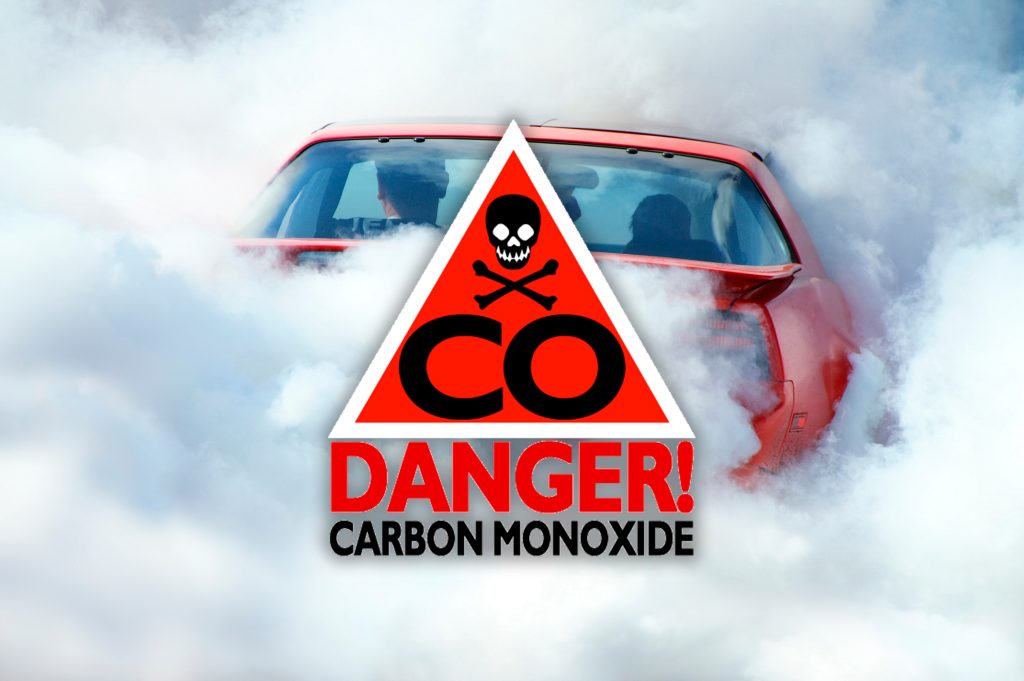Suicide by Carbon Monoxide – Interview with Gary L. Wenk Ph.D.


Why did you decide to write about how the Brain reacts to a suicide attempt?
My blogs are usually written in response to questions I receive from my students. I assume that if they’re interested in knowing the answer then others might be as well. You’ve heard about Asher’s novel “13 Reasons Why;” it’s been a topic of discussion on TV and social medial for awhile. Also, I saw a report on TV about a man who almost asphyxiated in his garage while using an electrical generator (which puts out quite a lot of carbon monoxide). Also, a long time ago I performed an autopsy on a man had successfully committed suicide by CO poisoning. He had petechial hemorrhages throughout his hippocampus, a brain structure critical for learning and memory. That’s how the story evolved in my head; I usually pull disparate bits of related information into a novel story that I think might be relevant to others.
The suicide by carbon monoxide is far less effective than most methods, yet thousands of people each year choose this method. Why do you believe they incur in this method?
First of all, it appears to be a method that is widely known in the general population. Prior to the introduction of catalytic converters on cars, it was quite effective. I think that it’s still “popular” because it seems so non-violent. People assume, correctly, that they’ll just fall asleep and not wake up.
How does the brain survivor brain is affected after a suicide attempt by pills?
There are way too many caveats in order for me to answer that question. Its depends upon the drug taken, how much was taken, the person’s past history with that drug (i.e. tolerance), the person’s age and health status and also how many different drugs were taken. Finally, the effects upon the brain would be determined by the drug’s mechanism of action, i.e. why was the drug lethal?
The people that fail suicide attempt, how likely are they to try again and is there a time frame when they are more likely to do so?
Most people do try again if they do not receive the attention they are asking for or some kind of intervention by a medical professional. Each attempt tends to be more deadly.
I read you are a leading authority when it comes to Alzheimer’s. After a CO poisoning you mention that most survivors have symptoms similar to those related to the Alzheimer’s disease. Are these survivors more prone to suffer from this disease?
The symptoms are similar to those of a person with AD. However, there is insufficient epidemiological evidence to prove that CO can predispose a person to AD. I would predict that the answer to your question is yes.
Together with the two therapies you mention (Hyperbaric oxygen therapy and Aricept therapy) are there other ways to help the brain heal and go back to its previous potential?
None that are currently accepted by the general medical community. The problem is that CO poisoning actually kills neurons; today, we have no treatment that can re-grow neurons.
When a person’s brain is dying, what are the last functions to go away?
Once again, it does depend upon how the person is dying, e.g. hypoxia vs. ischemia vs. stroke vs. cancer… In general, the most evolutionarily modern regions of the brain are most vulnerable to death.
Based on the article: https://www.psychologytoday.com/blog/your-brain-food/201705/how-suicide-attempt-can-affect-the-brain
If you or someone you love is in crisis or needs support right now, please call Lifeline on 13 11 14 or BeyondBlue on 1300 224 636. If it is an emergency please call 000.



This is the way I want to go. It could be very soon, or in a few years. I don’t know. But I will know when I have had enough of this life. I will know. I will make a plan, spend much of what I have, get my affairs in order, and then do it.